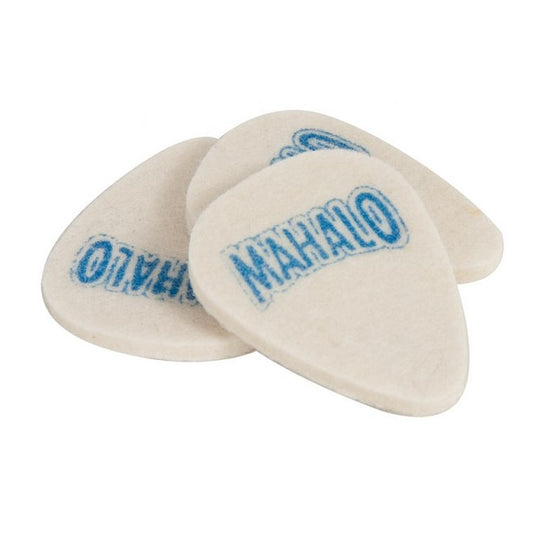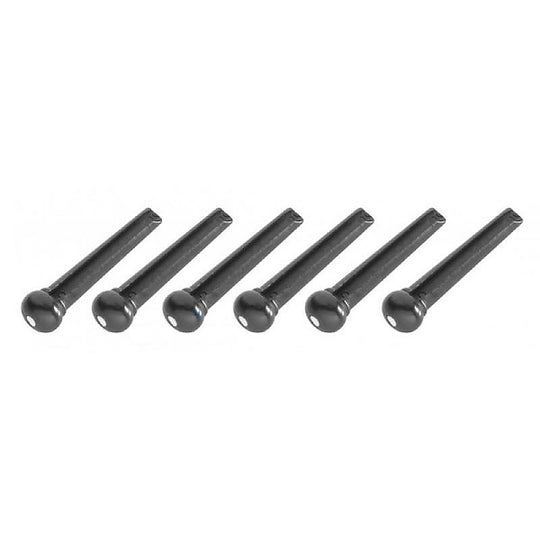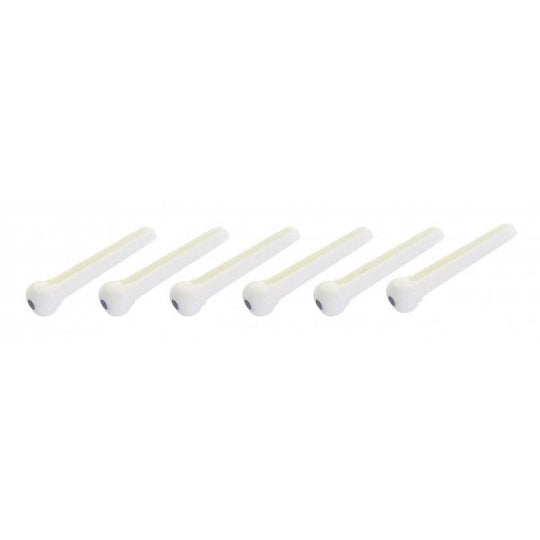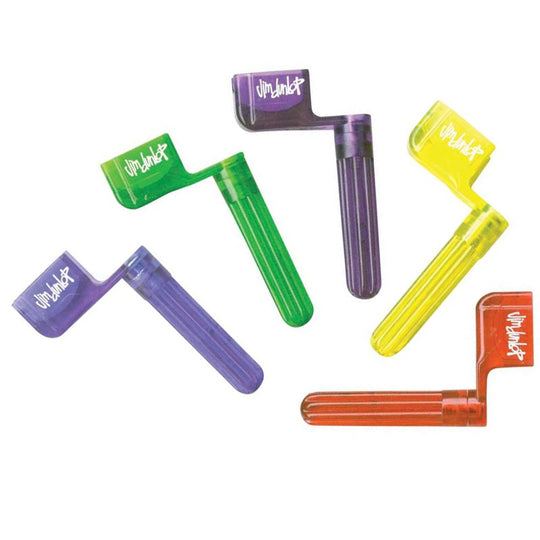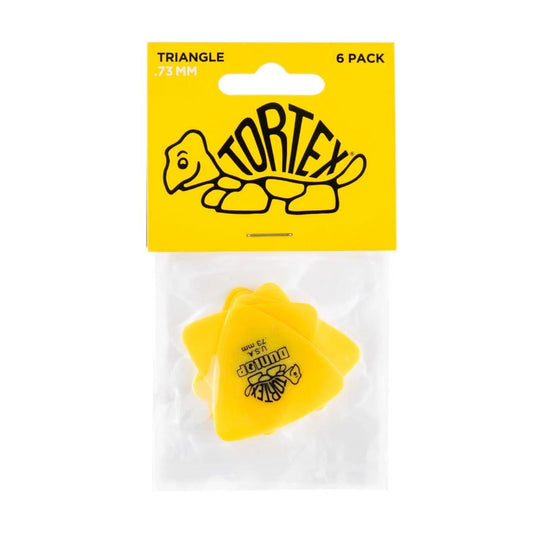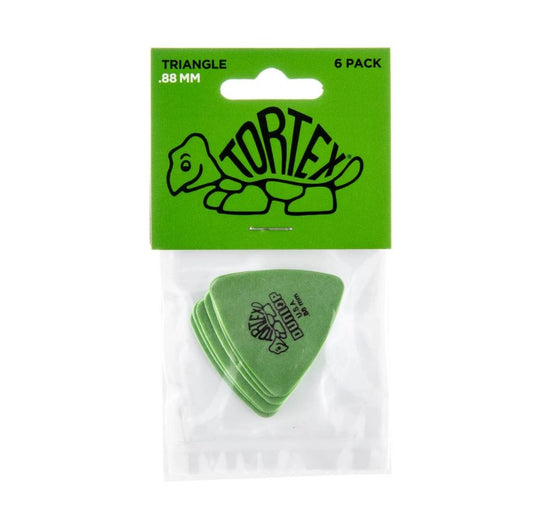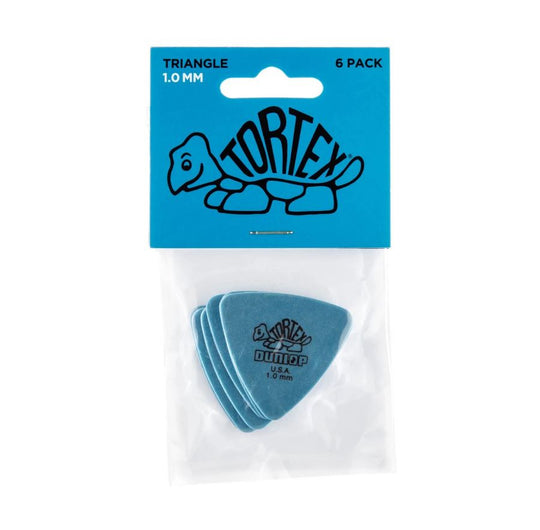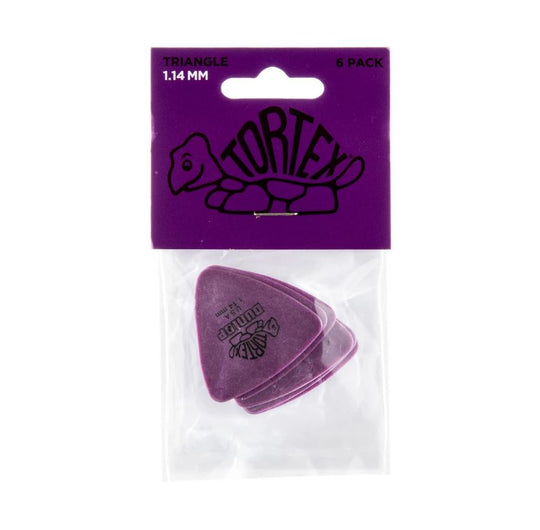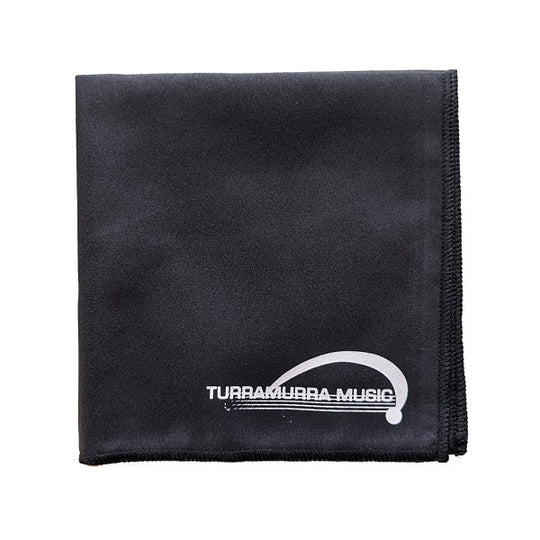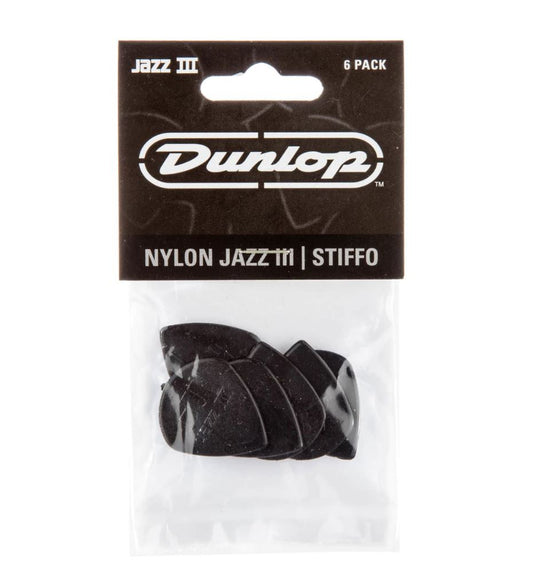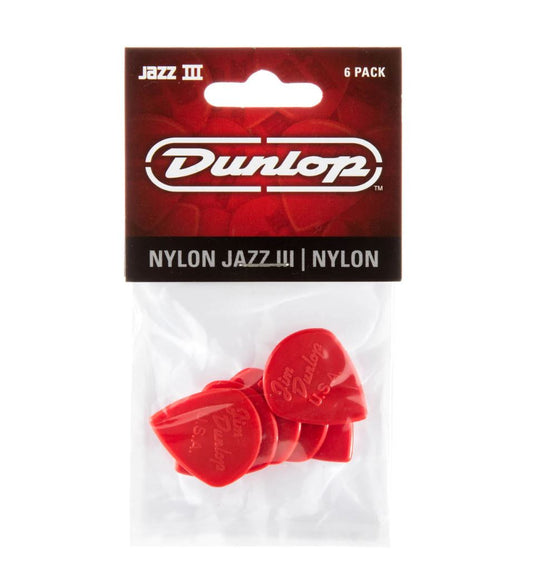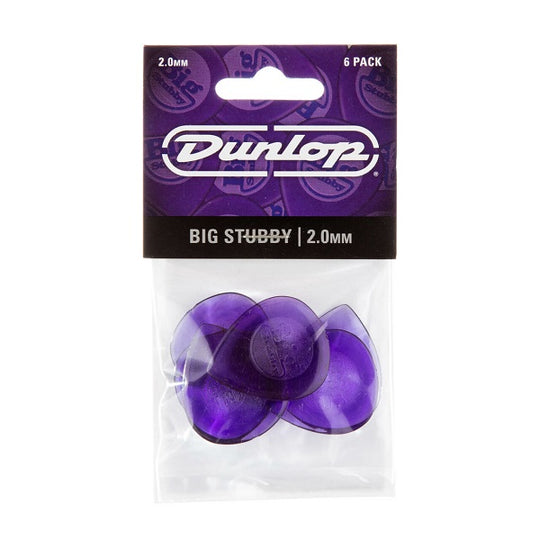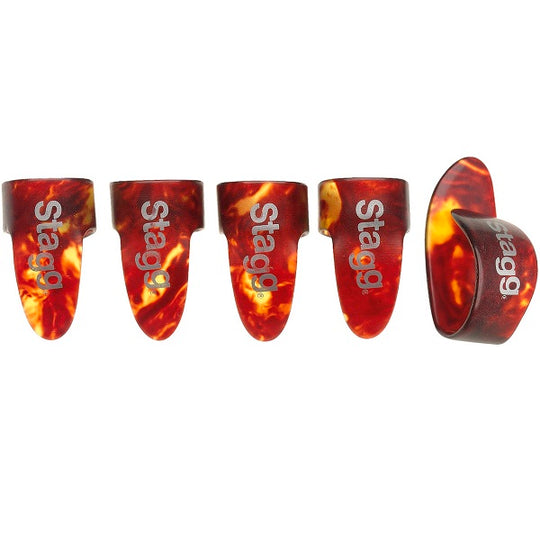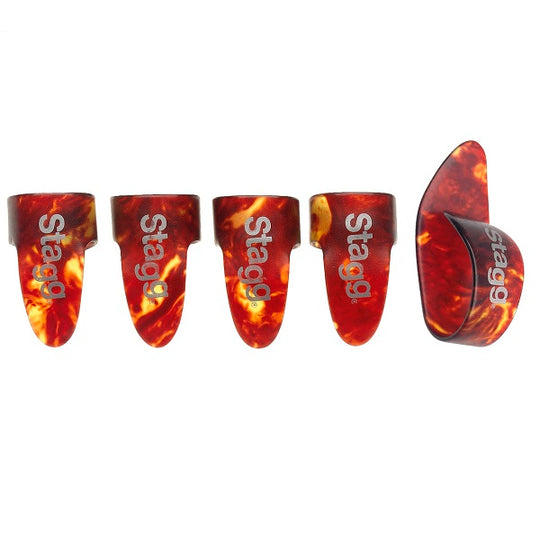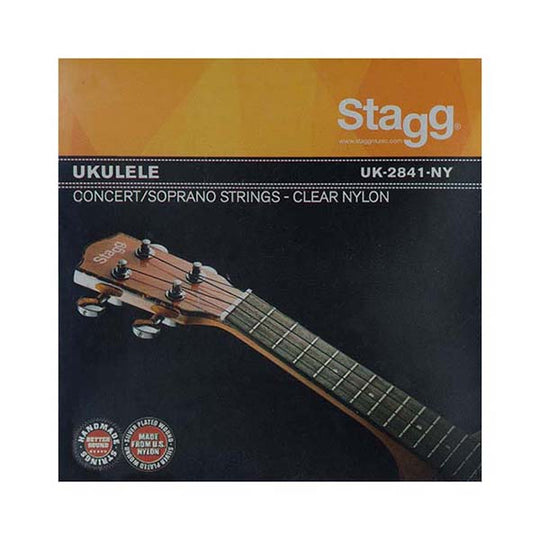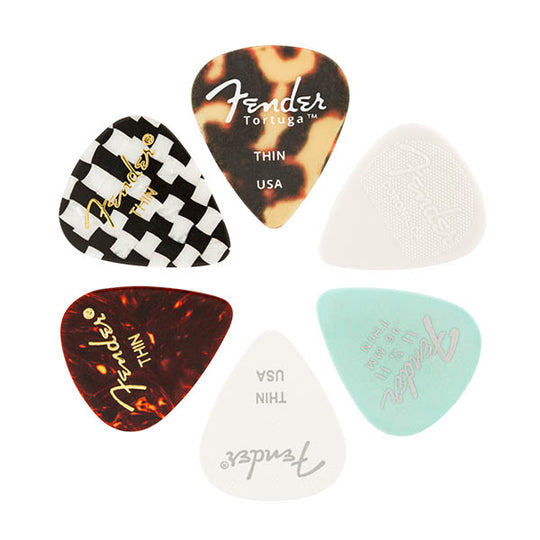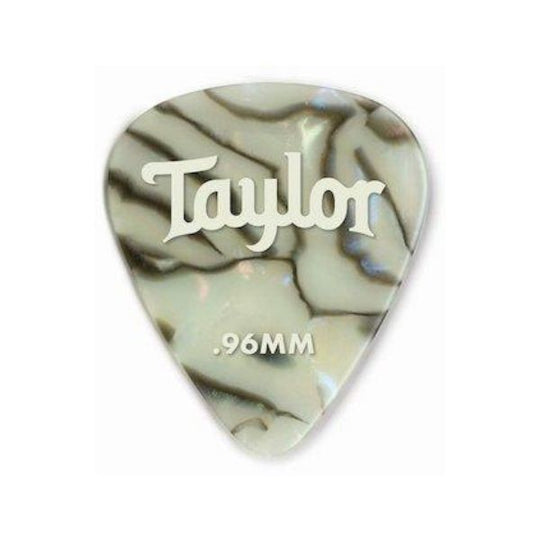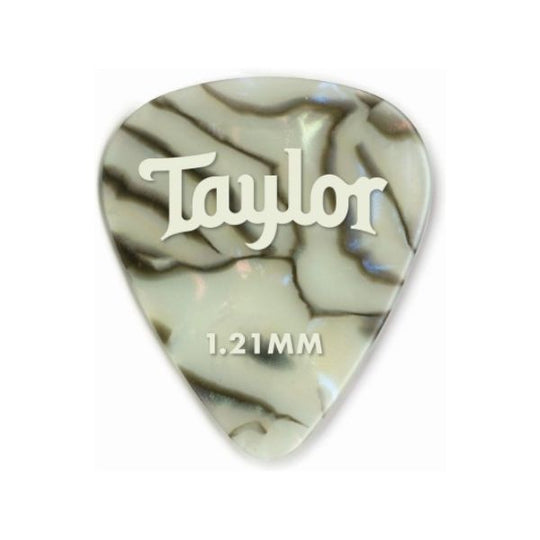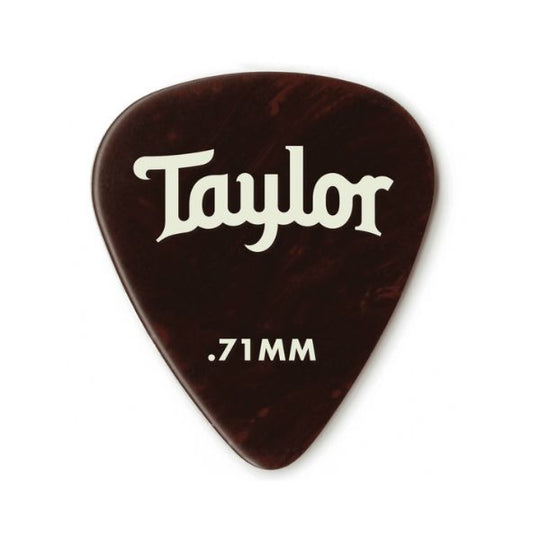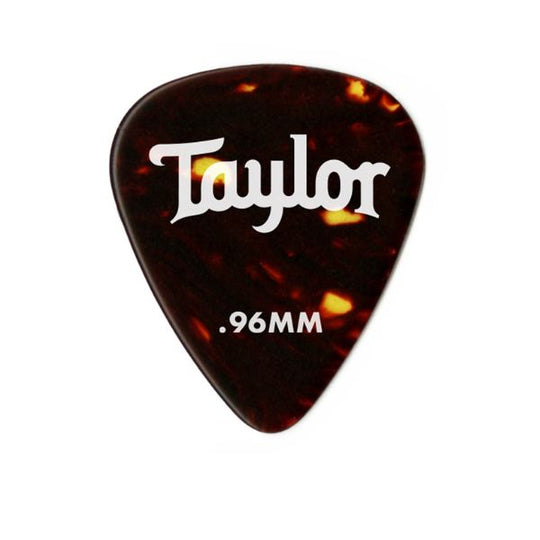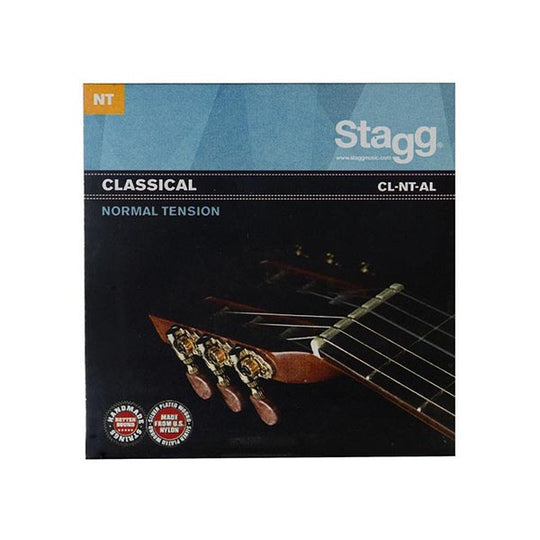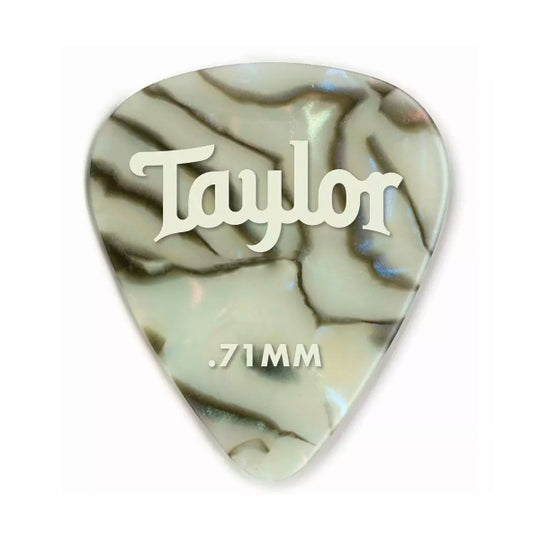Guitars
Unleash your musical potential with our diverse guitar collection at Turramurra Music. Explore a range of acoustic and electric guitars for all skill levels, from established performers to aspiring beginners. Find the perfect instrument for your sound, whether it's a rich acoustic dreadnought or a versatile electric.
- ←
- →
What are the differences between acoustic and electric guitars?
- Sound: Acoustic guitars produce their own sound with their larger, resonant bodies. An acoustic guitar with a pickup (often referred to an acoustic/electric) is still an acoustic guitar, but with the option of plugging it into amplification, such as a PA, for sound reinforcement live.
Electric guitars need to be plugged into an amplifier to produce a useable sound, and with the amp and effects pedals, you can create a huge range of different tones. - Feel: Acoustic guitars create their sound using vibration so heavier strings (usually 12-53 gauge) & certain action heights (the distance between the strings & the fretboard) are required for the vibrations to ring true, making them a little harder to play for beginners.
Electric guitars usually feel easier to play because they use magnetism to create their sound, and this means they can have thinner necks and much lighter strings than their acoustic counterparts. - Purpose: Acoustic guitars are great for anyone who wants to pick up the guitar and play as they require no additional equipment to function.
Electric guitars shine for rock, blues, or any electrified music, or when you want to experiment with effects and different sounds.
What size guitar is right for me?
- Adults: Most adults are comfortable with a full-size guitar. But, if you have smaller hands or a smaller build, or are in need of a more portable option, there are smaller-sized guitars available.
- Children: There are specially scaled-down guitars for children of different ages. It's really important for kids to have a guitar that fits them well to avoid any extra barriers to playing. 1/2 size guitars are perfect for early primary school, whereas 3/4 may be better for slightly older primary school children.
What are some good beginner guitars?
There are so many great options now! We'd be happy to help you choose one, and it depends on your budget and musical interests. Some popular brands for beginners include Yamaha, Fender, Valencia, and Ibanez.
What accessories do I need to start playing guitar?
- Picks: While it's not necessary to start playing with a pick, if you did want to try it out for strumming, you'll need a few picks of different thicknesses to try out.
- Tuner: Essential to keep your guitar sounding good. Clip-on tuners are handy!
- Strap: A strap helps if you want to play standing up.
- Case or gig bag: Protects your guitar when you're not playing.
How do I care for my guitar?
- Clean regularly: Wipe down the body and strings after playing to remove sweat and dust.
- Temperature and humidity: Avoid leaving your guitar in extreme heat, cold, or overly dry conditions, as these can cause damage. This includes not leaving your guitar in the car!
- Proper storage: Keep your guitar in a case or gig bag when you're not using it.
- Setup: Restringing & getting your guitar set up your guitar regularly will ensure your guitar is not only playing well in the present, but for years to come.


















